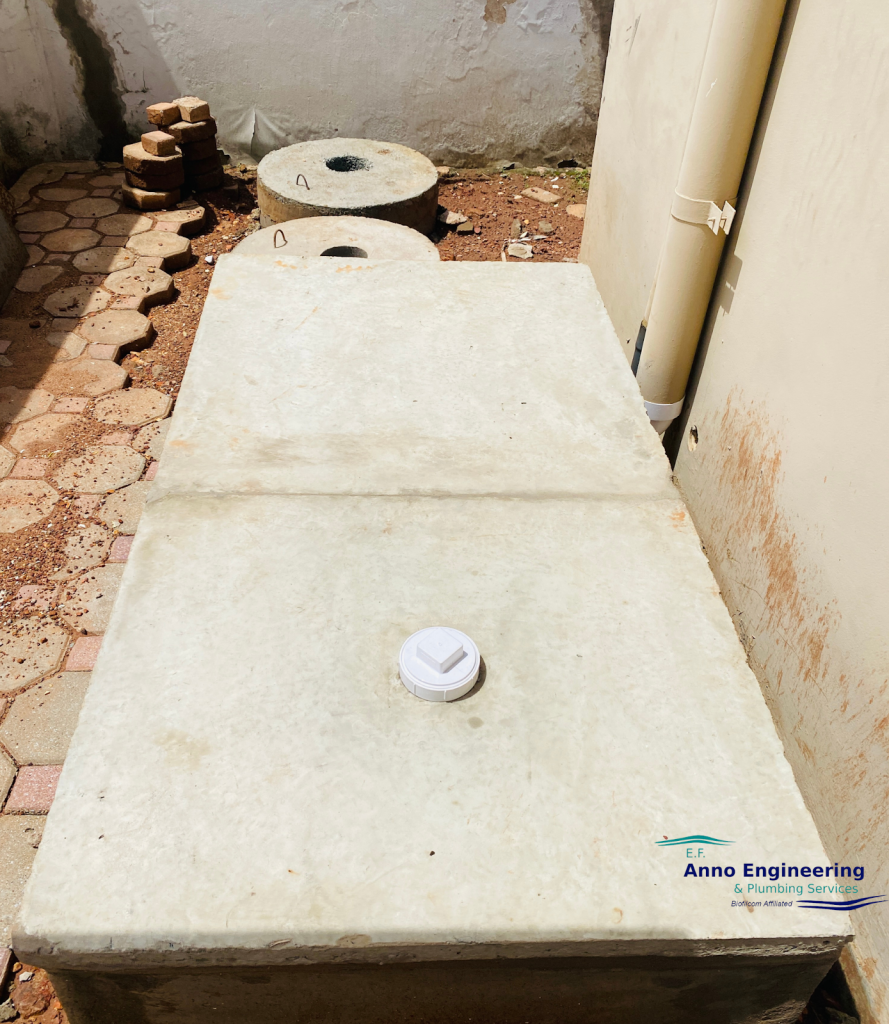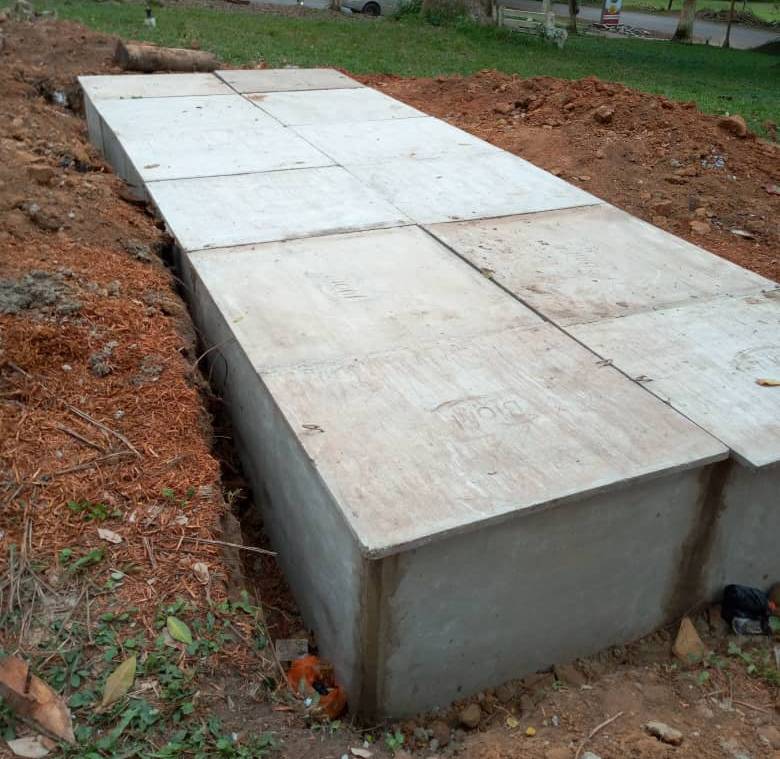The Solid Waste Management Challenge in Ghana
Ghana, like many other countries, faces significant challenges when it comes to solid waste management. The country’s infrastructure struggles to keep up with the increasing waste generated, leading to poor dumpsite conditions and a lack of expertise in handling human waste. The rapid population growth and urbanization further exacerbate these problems, making it crucial to find sustainable solutions.
Financial constraints, inadequate storage facilities, careless dumping, and inefficient transport systems contribute to the complexity of waste management in Ghana. To address these issues, it is essential to explore innovative and sustainable methods that can transform waste management practices in the country.
The Groundbreaking Solution Reshaping Waste Management in Ghana

Bio digesters have emerged as a glimmer of hope in Ghana’s waste management transformation. These biodegradable waste digesters offer a safe and efficient way to break down solid waste for disposal. Unlike traditional septic systems that require periodic pumping, bio digesters present numerous advantages that can revolutionize the waste management landscape in Ghana.
- Space Efficiency and Installation Time
One of the key benefits of bio digesters is their space efficiency. These systems require less space compared to traditional septic tanks, making them ideal for urban areas where land is limited. Additionally, bio digesters can be installed relatively quickly, minimizing the disruption to businesses and households during the installation process.
- Cost-Effectiveness
Say goodbye to expensive waste management systems! Bio digesters offer a cost-effective solution for waste management compared to traditional systems like septic tanks, they provide significant long-term cost savings. With reduced maintenance and pumping costs, as well as the elimination of frequent desludging, businesses and individuals can save substantial amounts of money over time.
Odor Control and Environmental Impact
Bio digesters help address the issue of odor control that is often associated with waste management. By efficiently breaking down organic waste, bio digesters minimize foul odors, creating a more pleasant environment for nearby communities. Moreover, these systems contribute to a cleaner and healthier environment by reducing the release of harmful gasses and pathogens into the surroundings.
Embracing Sustainable Waste Management
To fully embrace the benefits of bio digesters and transform waste management in Ghana, certain steps can be taken:
1. Awareness and Education: Initiatives that promote awareness and education about bio digesters and their benefits should be implemented. This will help businesses, communities, and individuals understand the advantages of utilizing bio digesters as a sustainable waste management solution.
2. Government Support and Incentives: The government can provide incentives and support for businesses and individuals to invest in bio digesters. This can include tax incentives, subsidized installation costs, and educational campaigns to encourage the widespread adoption of this innovative solution.
3. Collaboration and Partnerships: Collaboration between government agencies, waste management companies, and private sector entities is vital for successful implementation. By working together, these stakeholders can pool resources, share knowledge, and develop sustainable waste management strategies tailored to Ghana’s specific needs.
4. Waste Reduction and Segregation: Alongside the adoption of bio digesters, waste reduction and segregation practices should be encouraged. Businesses and communities should strive to reduce the amount of waste generated through recycling, composting, and promoting responsible consumption. Proper segregation of waste ensures that the bio digester receives appropriate organic waste, maximizing its efficiency and effectiveness.
5. Capacity Building and Training: Providing training programs and capacity building initiatives for waste management professionals, technicians, and local communities is essential for the successful implementation and operation of bio digesters. This includes equipping individuals with the necessary skills and knowledge to maintain and operate bio digester systems effectively.

